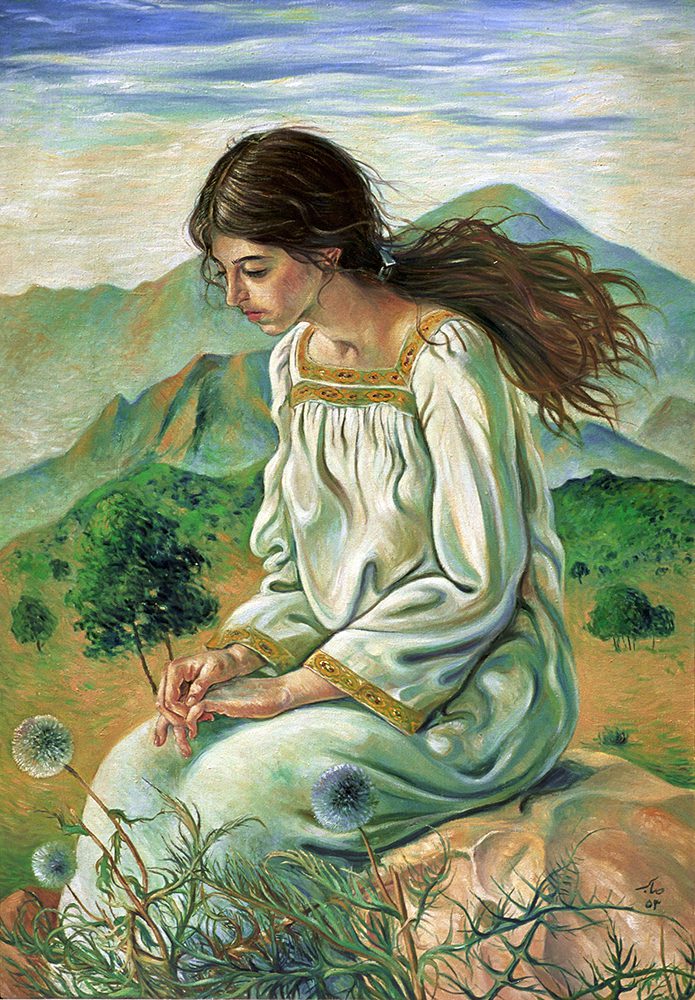There is something about hunting for taxis that activates something spiritual within me.
In the United States, there’s no longer such a concept. If you want a taxi, you’re going to have to use a rideshare app, and the taxi will come right to you. In Tunisia, rideshare apps do exist, but it’s much more effective to hunt for taxis the old-fashioned way. If a taxi is available, it has a red light on the dashboard; if occupied, a green light. It seems counterintuitive, but once you get the hang of it, you won’t think twice about it.
In peak hours, taxis are exceedingly difficult to find. Of course, you’ll see physical taxis everywhere, but they have the little green light that means you can’t use them–they’re busy taking someone else. Sometimes, I can wait up to an hour hunting for a taxi; very rarely, I can wait longer.
I stand on the street, wondering about my own sense of agency: Am I in the ideal location to find a driver? What if I stand on the other side of the street? If I go to a place that is more central, will I find more taxis–or will there be greater competition with others? Moreover, if I leave this spot, will one appear as if by summons? Would it be better to request a ride on a rideshare app, or will they be too expensive? Will the act of requesting one cause a standard taxi to appear, as if compelled by some atemporal, aspatial beacon?
It’s a strange experience. I stand there knowing that taxi drivers are driven by the same economic forces of the rest of us. There are only a set number of taxis in the city of Tunis, and–during rush hour–there are high numbers of people seeking out rides. The logics of supply and demand play out in real time. Moreover, resources are skewed: if drivers know that individuals in one neighborhood are more likely to travel longer distances, they will go there, as the fare will be higher. If there is a region that tends to experience traffic jams, they will dodge it.
Even so, when I’m standing on the street, waiting for the possibility of transportation, these abstract notions of markets and resources don’t matter. I wonder what magical power I might have to change these circumstances. What little actions might lead to a chain of events that bring me home?
I suspect that this psychological drive to have agency over our conditions is one of the major driving forces in belief in sympathetic magic. Sympathetic magic is the belief that you can influence something by using a similar, but unrelated, object or action. Like affects like.
Peoples, and those living in time periods, with restricted agency tend to be much more inclined toward magical thinking. Had I been raised in a different age, might I have not been the same?









